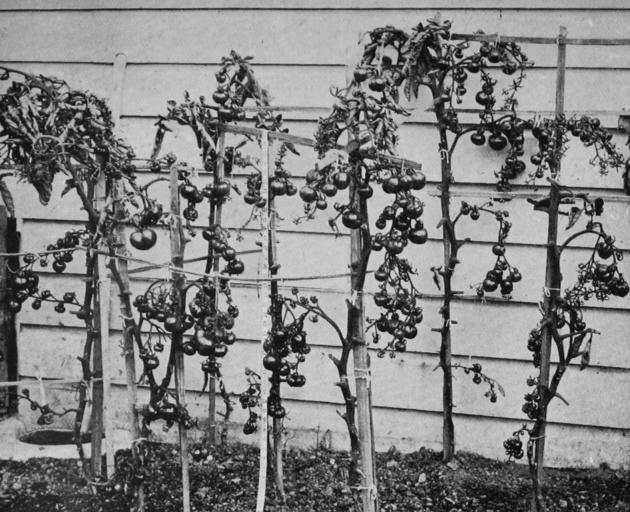
The association exhibits no desire to restore a system which was synonymous with abuse and was based on an absolutely indefensible principle. The evils of the old system were unsparingly exposed in a recent issue of the Public Service Journal. One of the greatest of these evils was the exercise of political patronage in the making of so-called ''temporary'' appointments.
Every member of Parliament who supported the Government had, or claimed to have, the right to recommend to a Minister the appointment of persons to the staff of a public department, and the Ministers as a matter of party policy, gave this approval almost invariably.
''Thus the service was choked,'' the Public Service Journal says, ''with incompetents and 'wasters' forced into the departments regardless of whether there was 'work' for them or not.
German reconnaissance
It is said that a story was in circulation among the prisoners on the German raider Wolf on her homeward passage that had special reference to Dunedin.
Several of the German seamen showed quite a hospitable side to their natures and talked freely with their captives, and the interesting fact was divulged on one occasion that the Wolf had actually rounded the South Island, coming down the West Coast, passing to the south of Stewart Island, and making her way to the north, not many miles distant from the east coast.
It was also said that the shipping in the different ports was viewed from an aeroplane, and that an excellent view was obtained of Otago Harbour.
Dr Mellor - Dunedin scientist
Before the ordinary business of the King Edward Technical College Board was proceeded with yesterday, the Hon. G. M. Thomson, M.L.O., directed the attention of members to a paragraph appearing in the New Zealand Journal of Science and Technology, which stated:
''Possibly it is a fact of good omen for this dominion that today the first and foremost scientist of the world in the field of foundry work is a New Zealander, a chemist educated in our technical schools and University, whose name is worthy of being inscribed beside Rutherford's on our yet scanty roll of fame - Dr Mellor, whose great help towards supplying Britain with an adequate output of munitions will surely be suitably recognised by the nation in the near future.''
Mr Thomson said that Dr Mellor was a product of our primary schools, having attended the Kaikorai School, the Technical School, and the Otago University, where he took his B.Sc. degree before going Home.
This statement evoked applause from the members, who considered this an excellent testimony in favour of our educational system.
Salmon trap removed
The apparatus erected at the mouth of the Hakataramea River by the Fishery Department for the trapping of quinnat salmon has recently been removed. The run of salmon this year has been far below expectations.
- ODT, 20.6.1918.
COPIES OF PICTURE AVAILABLE FROM ODT FRONT OFFICE, LOWER STUART ST, OR WWW.OTAGOIMAGES.CO.NZ












